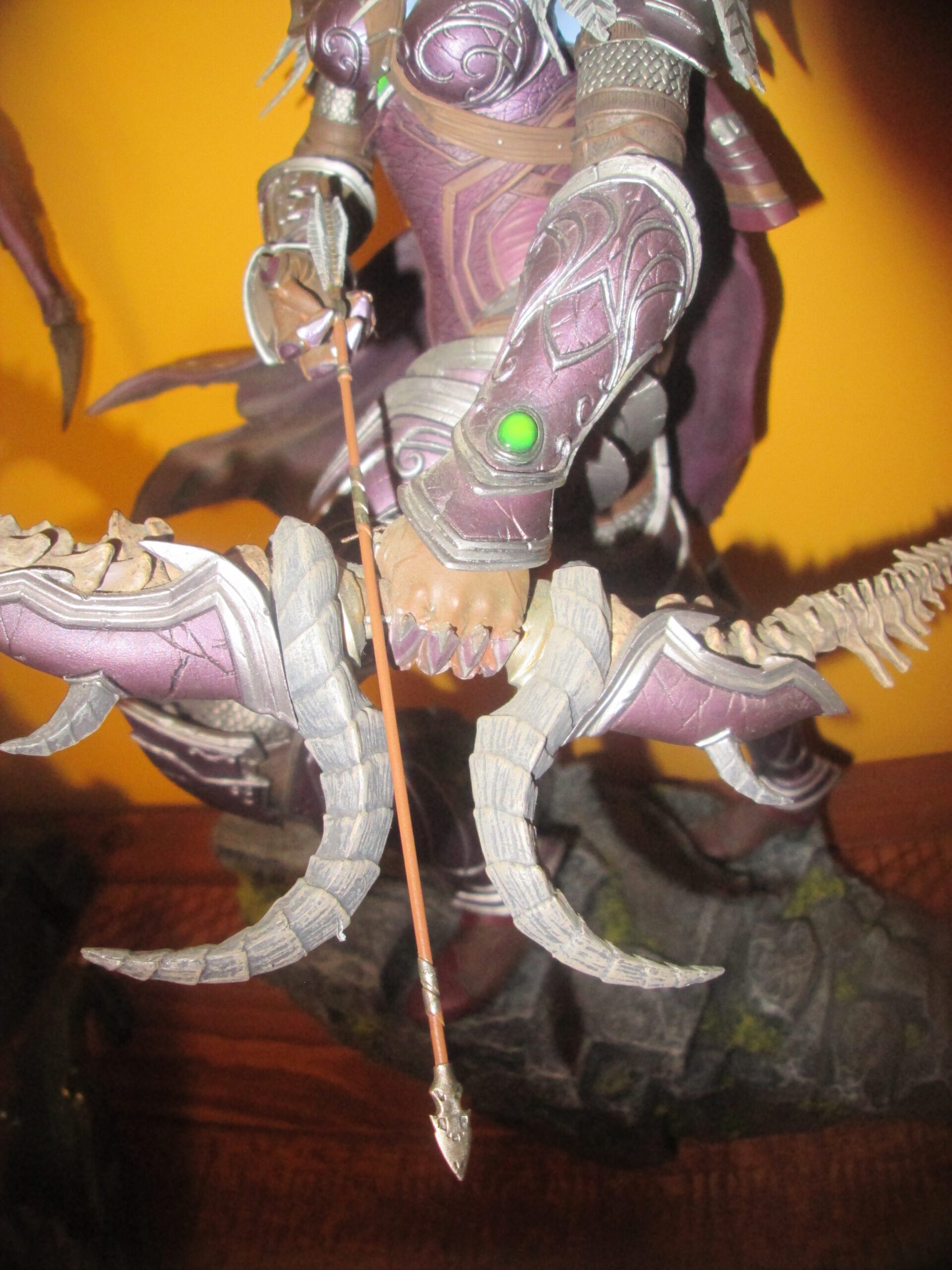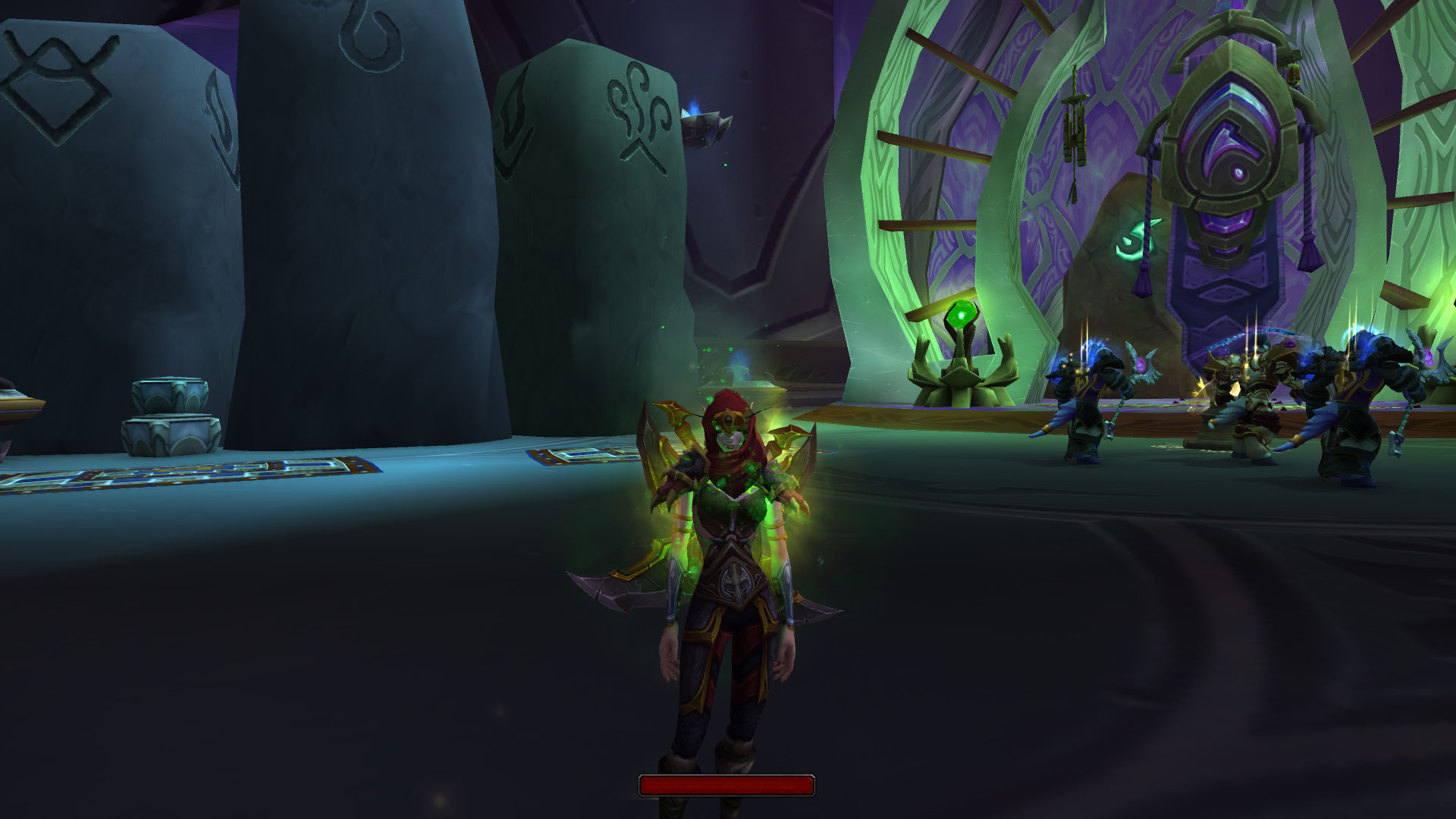For decades, people have both praised and criticized video games for their impact on mental health. On one side, gamers share stories of friendship, stress relief, and even purpose found in digital worlds. On the other, critics point to gaming addiction, isolation, and mental fatigue. The truth lies somewhere in between—gaming offers a powerful tool for mental well-being, but like anything else, its effects depend on how, why, and how much we engage with it.

The Positive Side of Gaming for Mental Health
Stress Relief and Relaxation
First and foremost, gaming offers an escape—a way to temporarily set aside real-world stressors and immerse ourselves in a safe, controllable environment. Moreover, research has shown that moderate gaming can reduce cortisol (the stress hormone) levels, thereby helping players unwind after a long day.
- For example, cozy simulation games like Animal Crossing: New Horizons or Stardew Valley not only encourage slow-paced, goal-oriented play but also create experiences that in turn can be soothing for the mind.

Social Connection
Multiplayer games and online communities help people maintain friendships and meet new ones across the globe. This can be especially valuable for those who find in-person socializing difficult due to anxiety, physical limitations, or geographic barriers.
- Example: Guilds in World of Warcraft or co-op modes in Minecraft often foster lasting friendships and a sense of belonging.
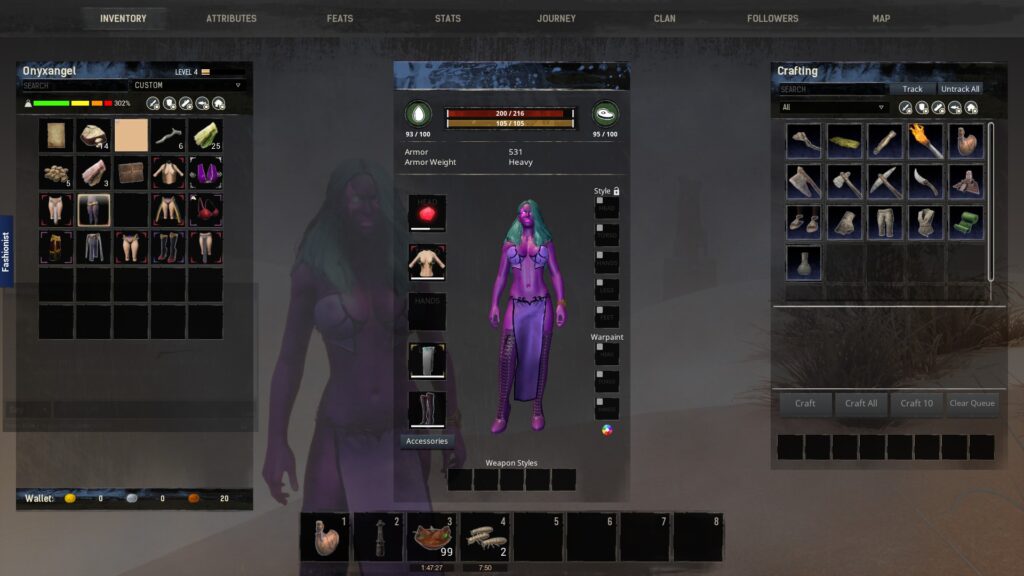
Cognitive Benefits
Games challenge the brain with problem-solving, strategy, memory, and reflex-based tasks. Puzzle games improve pattern recognition, while strategy games enhance critical thinking and planning skills.
- Example: Real-time strategy games like StarCraft II require players to make quick, calculated decisions under pressure — a skill that can translate into improved decision-making in everyday life.

Emotional Resilience
Story-driven games give players a chance to experience empathy, moral choices, and emotional catharsis in a safe setting. These virtual experiences can sometimes help players process their own feelings.
- Example: Games like Life is Strange and Hellblade: Senua’s Sacrifice address mental health topics directly, encouraging reflection and awareness.

When Games Becomes Harmful
While gaming has many benefits, excessive or unbalanced play can negatively affect mental health.
Gaming Disorder and Addiction
In 2019, the World Health Organization officially recognized “Game Disorder” — a condition where games takes priority over daily responsibilities and continues despite negative consequences.
- Signs include neglecting work or school, disrupted sleep patterns, withdrawal from real-world relationships, and mood changes when unable to play.
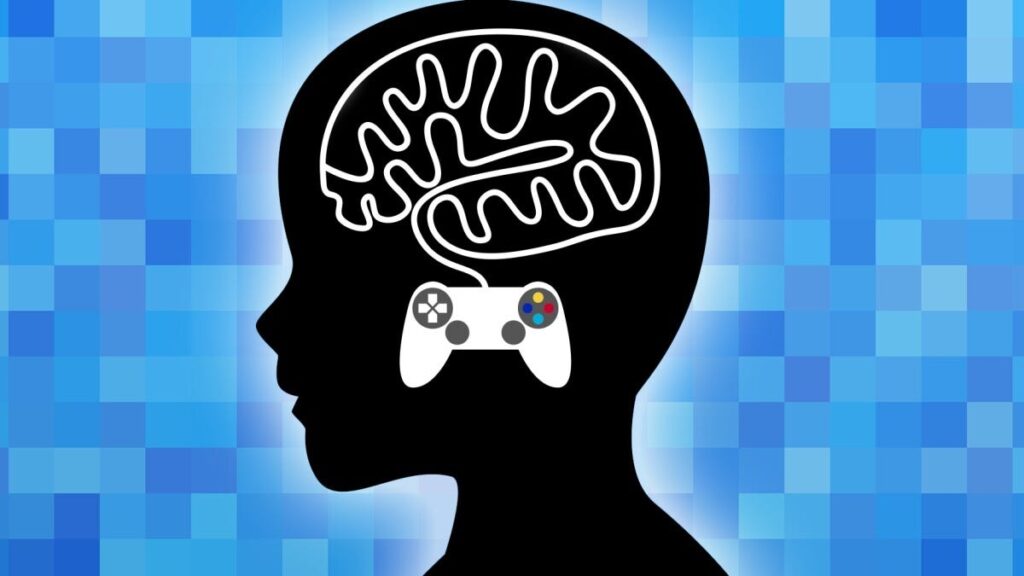
Isolation and Loneliness
Paradoxically, while gaming can foster connection, it can also lead to isolation if it becomes the sole form of social interaction. Offline relationships and activities are vital for a balanced mental and emotional life.
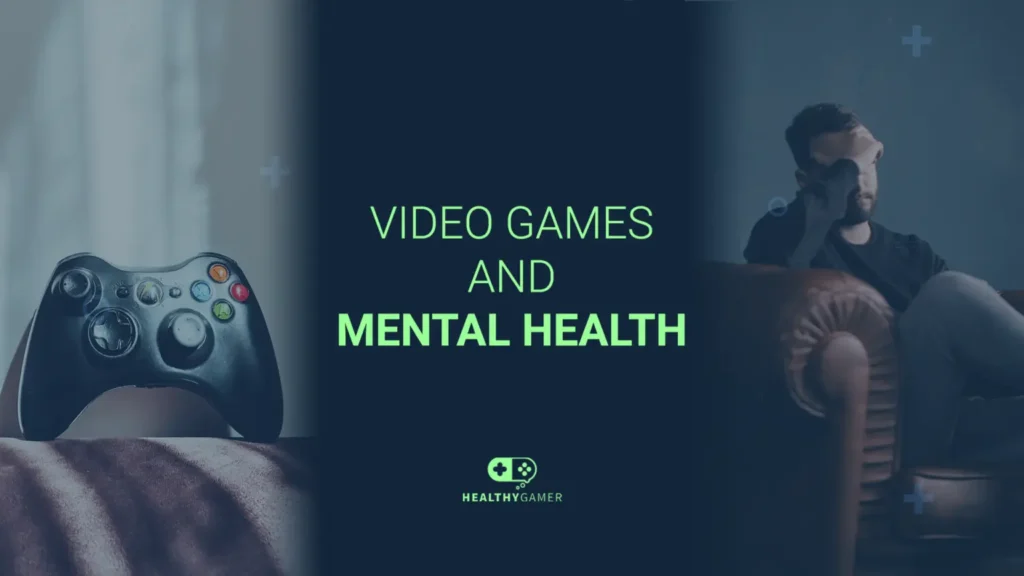
Sleep Disruption
Late-night games, especially with stimulating or competitive content, can interfere with sleep cycles. Poor sleep affects mood regulation, focus, and overall mental health.

Toxicity and Harassment
Online environments aren’t always positive — exposure to harassment, cyberbullying, or toxic chat can increase anxiety, lower self-esteem, and make gaming stressful instead of enjoyable.
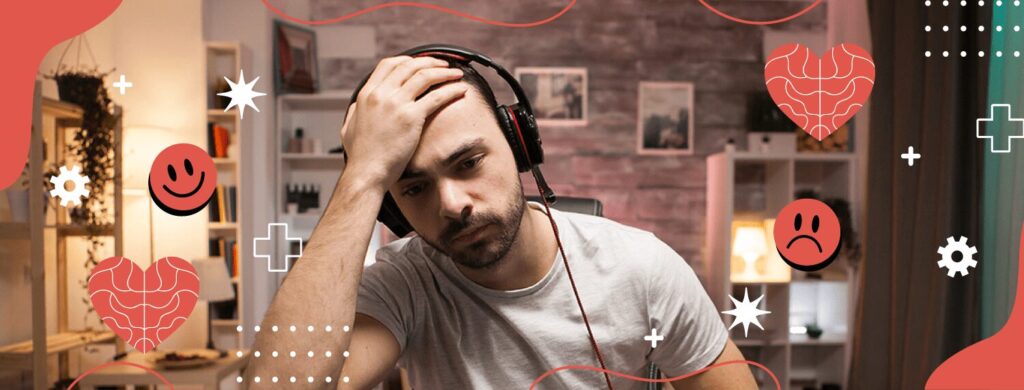
Finding a Healthy Balance
The goal isn’t to eliminate gaming from one’s life — it’s to create a balance that maximizes its benefits while reducing potential harm.
Tips for Healthy Gaming:
- Set Time Limits: Use in-game timers, parental controls, or alarms to keep sessions within healthy boundaries.
- Mix Digital and Offline Activities: Balance gaming with exercise, outdoor activities, or creative hobbies.
- Be Mindful of Content: Choose games that uplift or inspire you when you’re feeling stressed, rather than ones that fuel frustration.
- Prioritize Sleep: Set a “shutdown time” for electronics at least 30–60 minutes before bed.
- Check Your Mood: If you notice irritability, increased anxiety, or social withdrawal, it might be time to reassess your gaming habits.
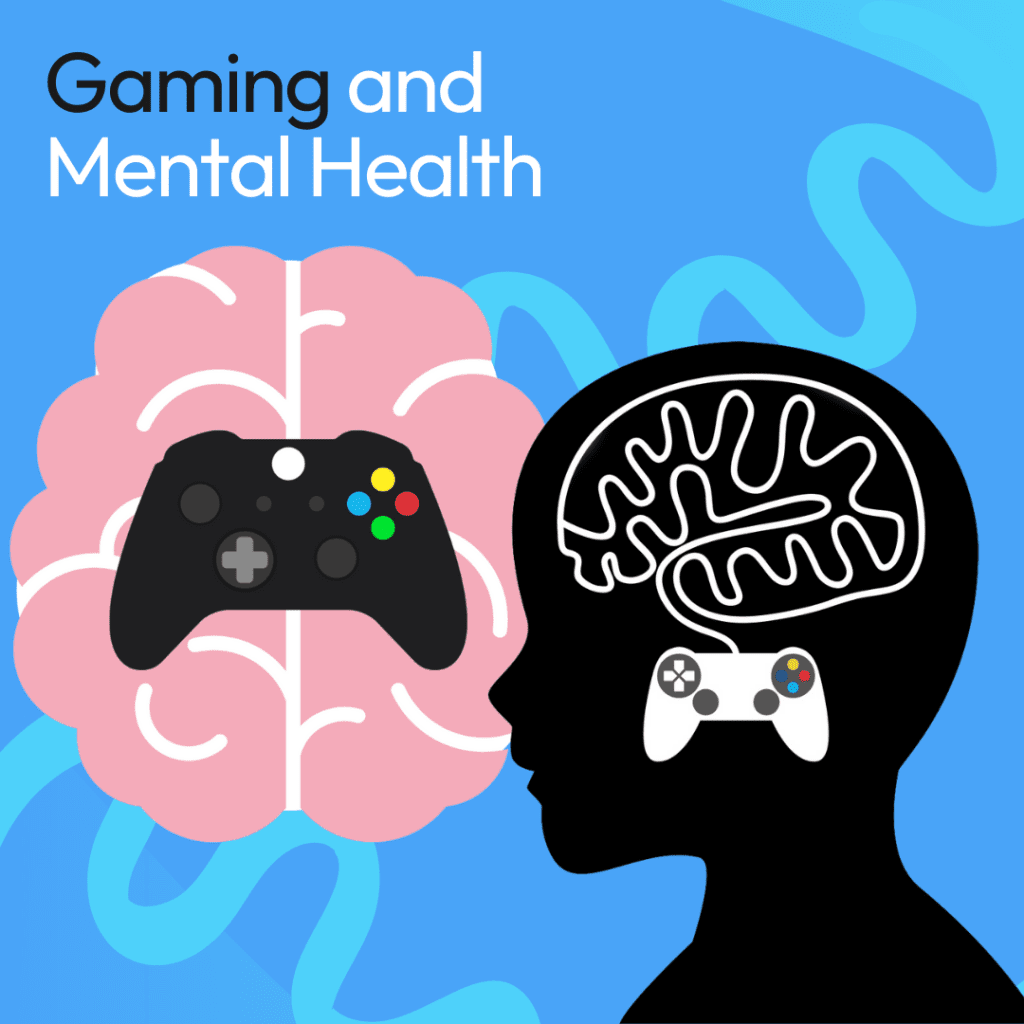
Gaming as a Mental Health Tool
Some therapists now incorporate video games into their practice — a field known as therapeutic gaming. Games can be used to teach coping strategies, encourage social skills, and help people manage mental health challenges.
- For example, Minecraft has been used in school counseling programs to teach collaboration and conflict resolution.
- Virtual reality games are being explored for treating phobias, PTSD, and anxiety disorders.

Final Thoughts on Gaming
Games are not inherently good or bad for mental health — it’s a tool, and how we use it makes all the difference. For many, gaming offers a sense of community, accomplishment, and emotional refuge. For others, it can become a crutch that masks deeper issues or disrupts daily life.

By practicing self-awareness, setting boundaries, and choosing content mindfully, we can ensure that gaming supports our mental well-being rather than undermining it. The key is to play with intention — not just to pass the time, but to enhance it.

